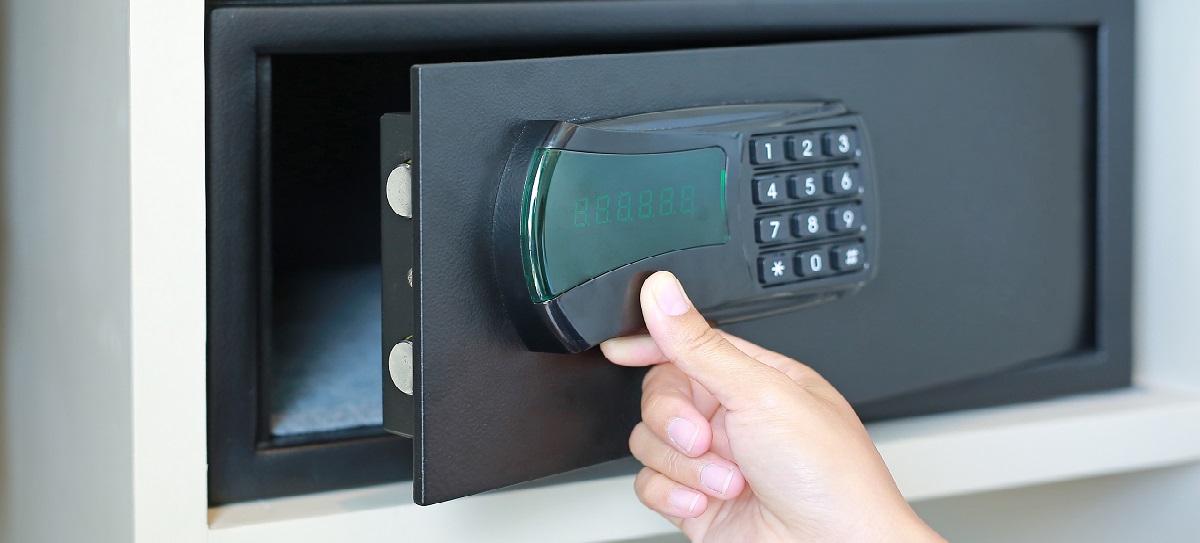How to Store Estate Planning Documents
After you and your attorney have completed drafting your estate planning documents, it is important you store them properly. Your documents should be safe and also accessible by all the necessary people.
Here are a few things you should do (or not do) with those documents when you have them in your possession.
DO: Store estate planning documents in a safe, secure location
Any place you decide to store your estate planning documents should be completely safe and protected against unwanted intrusion.
There are some law firms that will hold on to original documents for you, but you can also store them at home. If you do decide to keep them at home, make sure you put them inside a locked filing cabinet or safe that is both waterproof and fireproof.
DO: Choose a location that is accessible by your executor, power of attorney, trustee and healthcare proxy
The location you select to store your estate planning documents should be one that is relatively easy to access by people who will need to get at them when the time comes. This includes your attorney, executor (also known as your personal representative), power of attorney, trustee, and healthcare proxy.
It is in your best interest to avoid using solutions such as a safe deposit box, as it can be difficult for a person other than the holder of that box to access the contents, especially after your death. If you decide to use a safe deposit box, you may be best served by having a trustworthy joint owner on the account.
DO: Tell important people where your documents are located
Your personal representative, attorney, health care proxy, trustee and/or agent under power of attorney should all know where your estate planning documents are located. They should have combinations or access codes to any locks or secure files.
You may also wish to give people copies of your estate planning documents, including the individuals mentioned above or close family members.
DO NOT: Keep outdated copies of your estate plan
Holding on to outdated copies of your plan is a good way to confuse your executor and family members.
Any documents that have been updated are no longer valid. They should be removed from storage and destroyed so there is no potential for confusion.
It is also important to clearly date each document. This will help your executor to verify that the paperwork they are looking at is the most updated edition.
These are just a few examples of some of the most important “dos” and “don’ts” with regard to storing your estate planning documents. For more information about how to keep these documents safe and secure, contact an experienced estate planning lawyer at Baker Law Group, P.C.
About Baker Law Group
Baker Law Group specializes in Elder Law, Estate Planning and Estate Administration. View attorney profiles.
We offer a complimentary initial consultation. To Schedule:
781-996-5656 Call
800-701-0352 Call Toll Free
info@MBakerLaw.com Email




